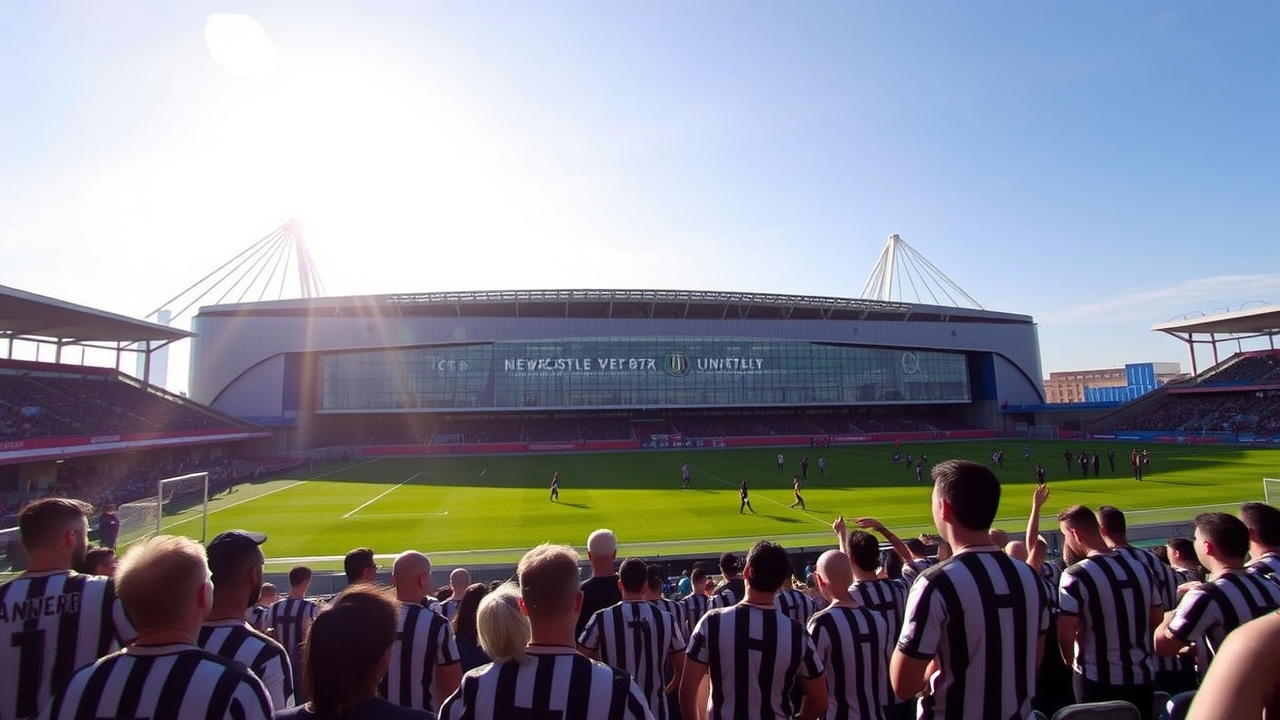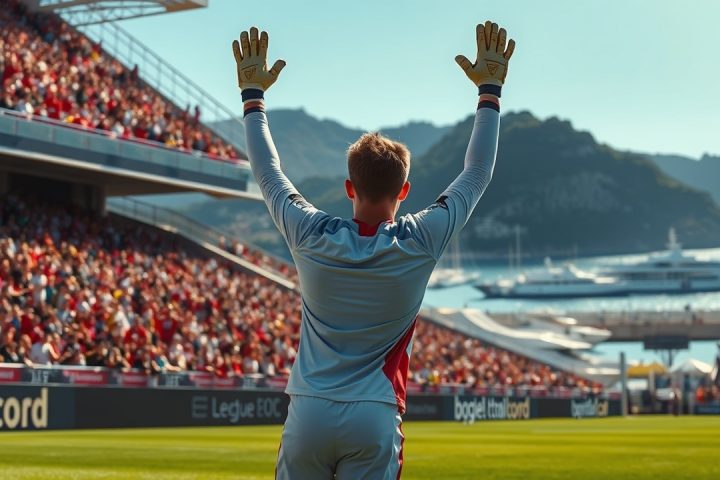The Evolving Role of Sporting Directors in Football
In the ever-evolving landscape of football transfers, the primary figures often highlighted are players themselves. However, the roles of managers, agents, and club owners play crucial parts in shaping these narratives. One position that has emerged with increased visibility and importance in recent years is that of the sporting director. These professionals serve as vital connectors between coaching staff and upper management, ensuring consistency, sustainability, and strategic focus within a club’s football operations.
Insights from Industry Leaders
Damien Comolli, currently Juventus’ general manager, reflects on this role, stating,
“The sporting director is the safeguard of the culture of the club. It is essential to balance short-term needs with medium and long-term goals.”
Notably, the sporting director’s role was rare in Premier League clubs at the turn of the 21st century. However, this position has now become commonplace among top-tier football teams, with many directors becoming well-known personalities among fans.
Recent Changes in the Premier League
Recent changes in the Premier League have highlighted this trend. For instance, Txiki Begiristain announced his departure from Manchester City after a successful 12-year tenure, with Hugo Viana stepping into the role. Conversely, the abrupt exit of Dan Ashworth from Manchester United after only five months raised eyebrows within the football community.
A significant development occurred at Arsenal when Andrea Berta, formerly of Atletico Madrid, was appointed as the new sporting director in March to replace Edu, who unexpectedly left to join a multi-club organization owned by Evangelos Marinakis. Meanwhile, Liverpool welcomed Richard Hughes into their sporting director role last summer, who faced immediate challenges, including significant contract discussions with key players such as Virgil van Dijk and Mohamed Salah.
Understanding the Responsibilities
Despite the increased scrutiny on sporting directors, many remain unclear about their specific responsibilities. To clarify this evolving role, various sporting directors were interviewed in conjunction with data provided by Traits Insights, an analytics firm that studied the profiles and experiences of over 300 sporting directors from major European leagues.
In terms of title, football clubs often use varying terms such as ‘director of football’, ‘general manager’, and ‘technical director’, all of which can represent similar functions but carry different expectations depending on the club’s structure and environment. Comolli notes,
“In Germany, you might have several individuals managing different aspects, which can lead to confusion over responsibilities.”
The rapid development of football—both in the Premier League and beyond—has further complicated how these roles operate.
Global Perspectives on Sporting Directors
Traditionally, roles like sporting directors have been long established in countries such as Germany, Italy, and Spain. In fact, across these leagues, almost every club has at least one person fulfilling this function. In contrast, while the Premier League has made strides, it still has gaps with only 19 of 20 clubs having a sporting director by the previous season.
Insights show that the backgrounds of sporting directors vary significantly, from those with academic accolades in statistics to seasoned professionals who have transitioned from coaching to management. The diverse paths lead to major functions fulfilling the same objectives. Comolli notes an additional pathway emerges from academies, suggesting that development and scouting roles can serve as a perfect breeding ground for future club leaders.
The Importance of Leadership and Strategy
For example, Johannes Spors, the sporting director at Southampton, emphasized the importance of effective leadership in this role. He pointed out that a solid leadership structure that encompasses various backgrounds is vital for a club’s growth. The acceptance of data analytics in decision-making has become particularly pronounced, especially with the increasing influence of American ownership in European football.
Successful sporting directors balance the immediate goal of on-pitch performance with long-term strategic planning and club culture development. While tangible success is represented by trophies, off-pitch victories—such as player development and organizational stability—are equally important. After taking charge, some directors find themselves not only managing talent but re-shaping the very identity of their clubs.
Conclusion
As examples unfold, such as the hardships and eventual stabilization seen by clubs like Hamburg under Jonas Boldt or the strategic shifts at Aston Villa by Damian Vidagany, the consensus among sporting directors is clear: success is ultimately about guiding the club toward a cohesive vision. As Spors aptly observes, the decisions made off the pitch are fundamental to on-field triumphs, stating,
“Winning is merely a reflection of the comprehensive effort put forth behind the scenes.”
In summary, the role of the sporting director is integral to modern football, with an increasing emphasis on strategic development, data utilization, and long-term planning becoming more critical in today’s fast-paced footballing environment. Their capability to weave together diverse elements of club operation significantly influences sustained success.




